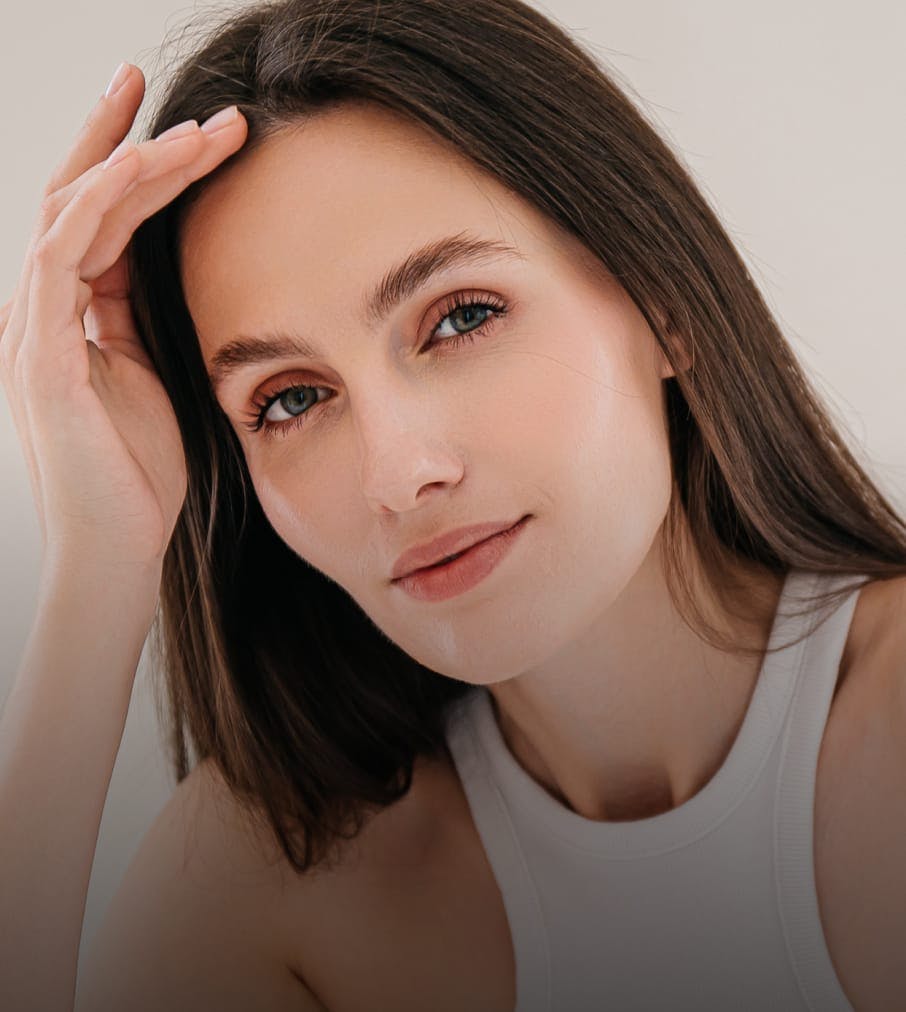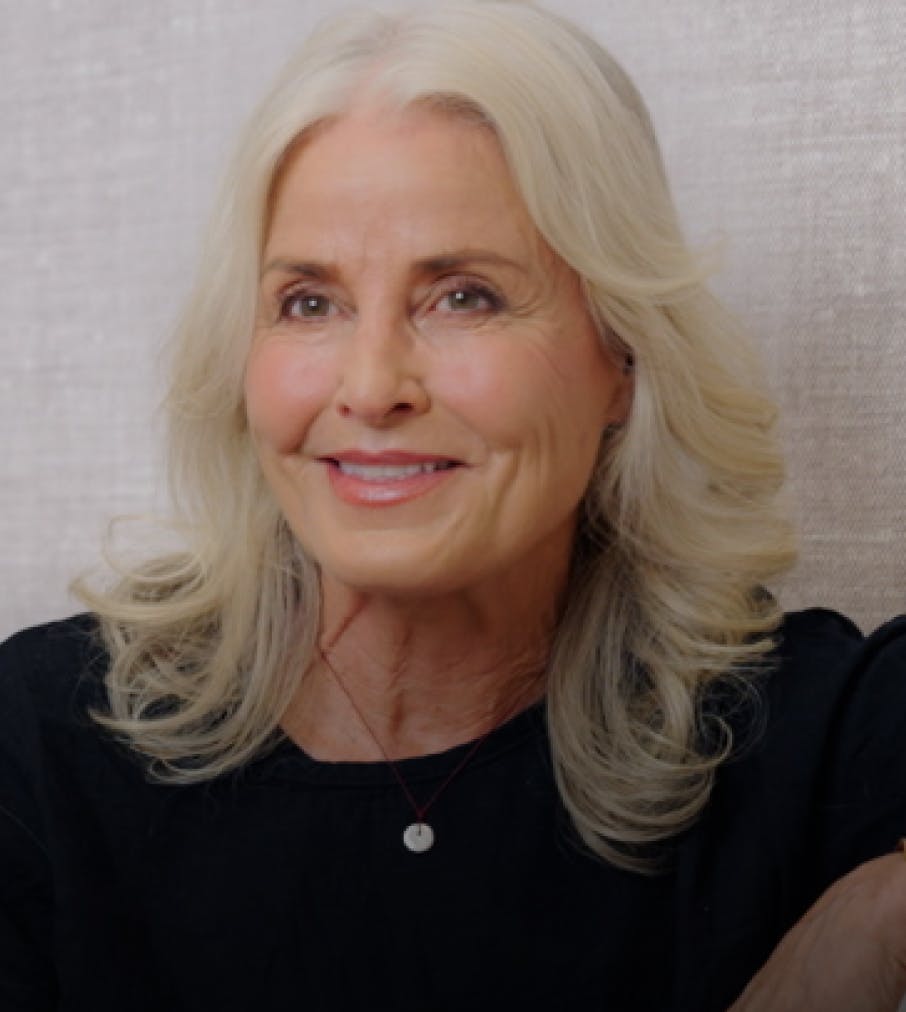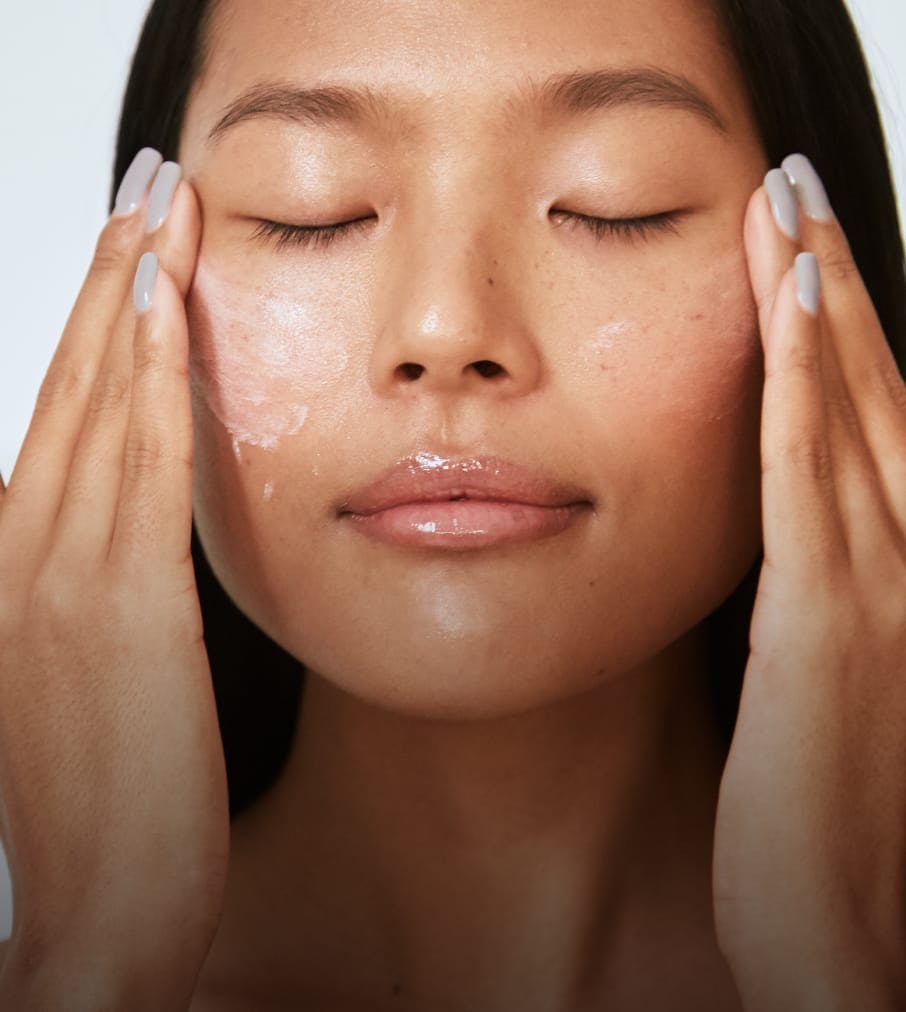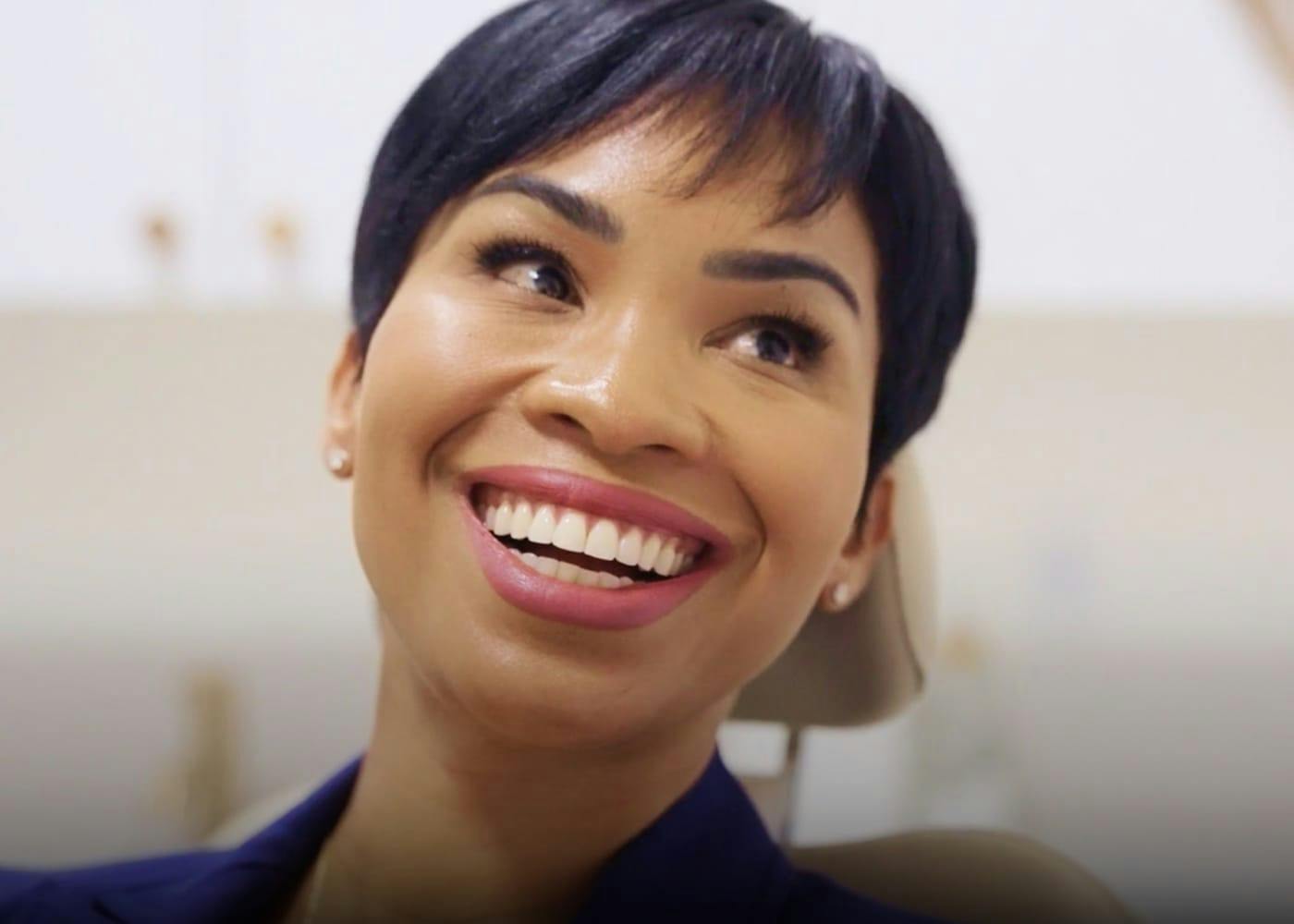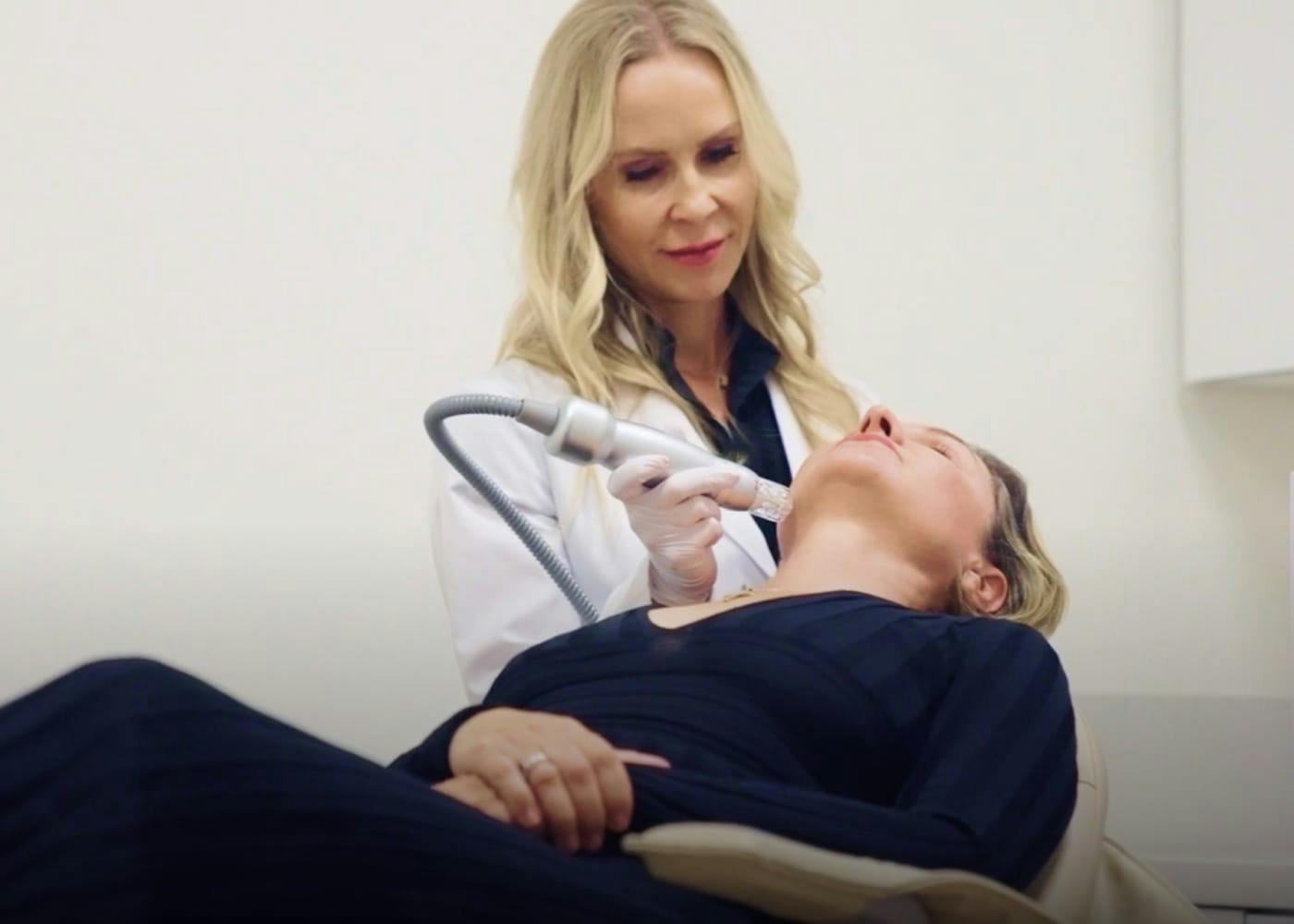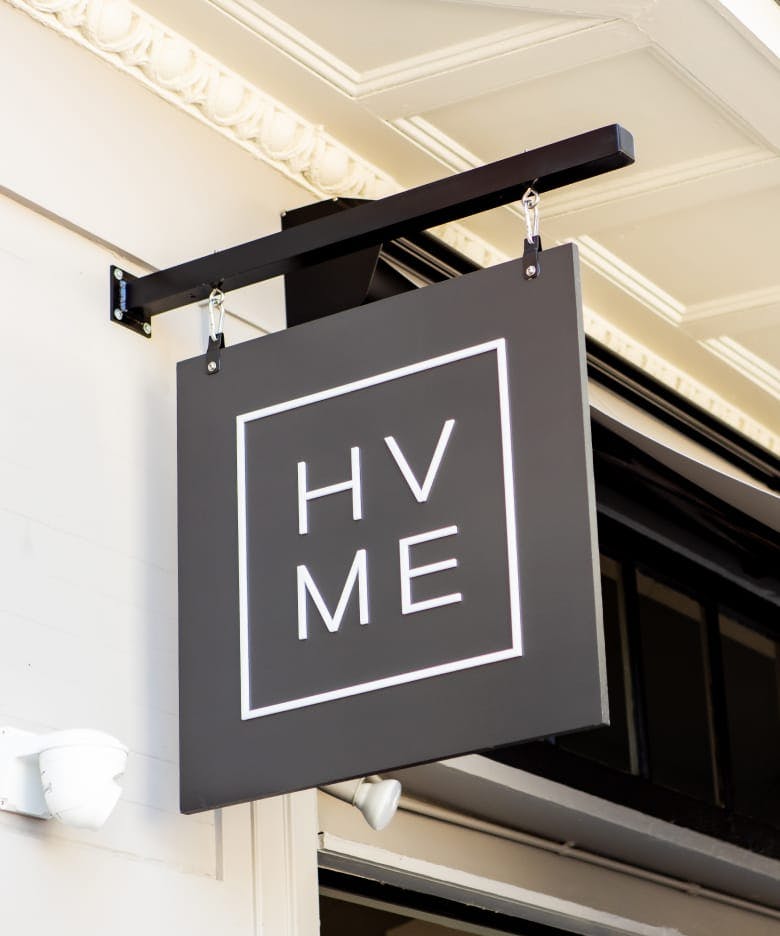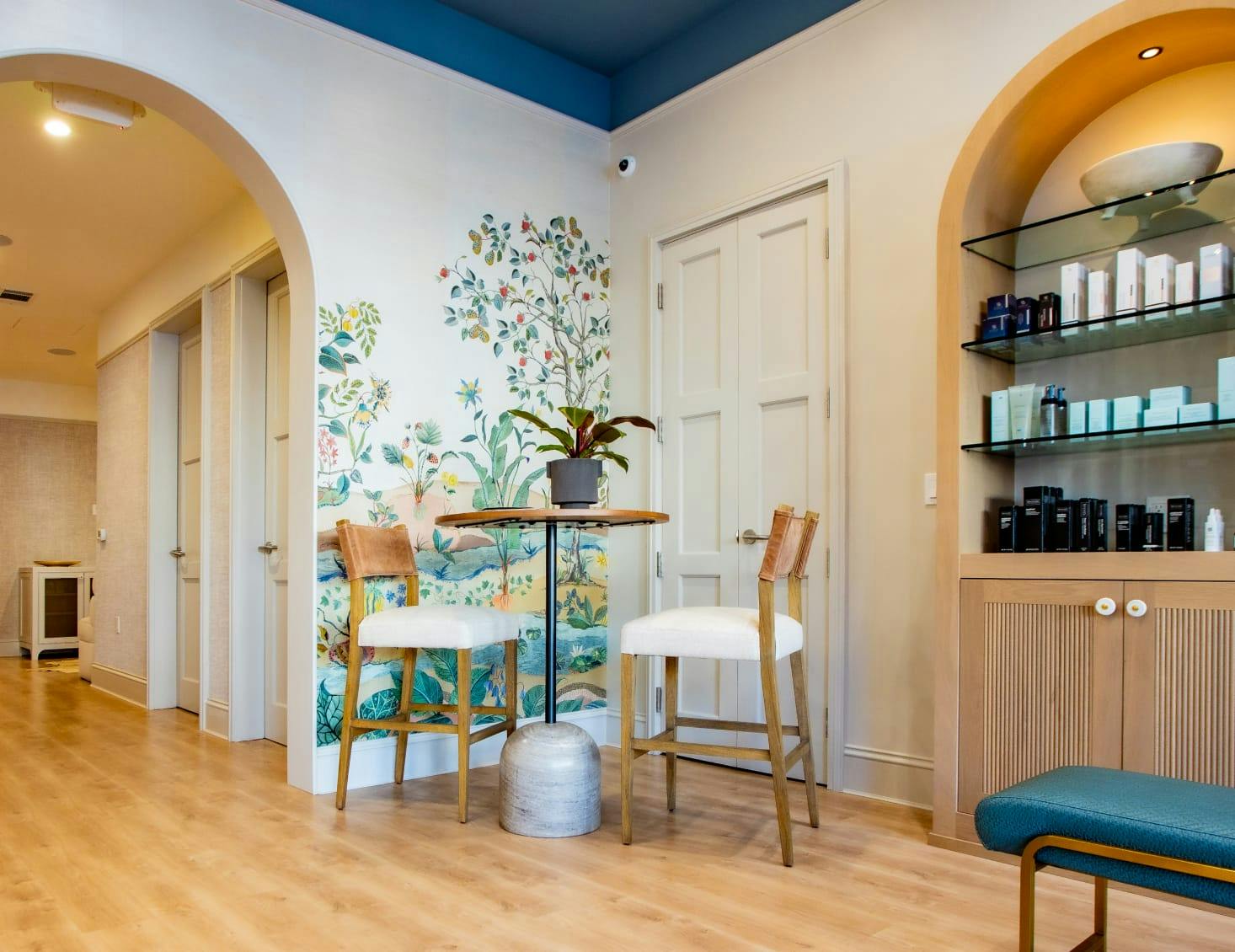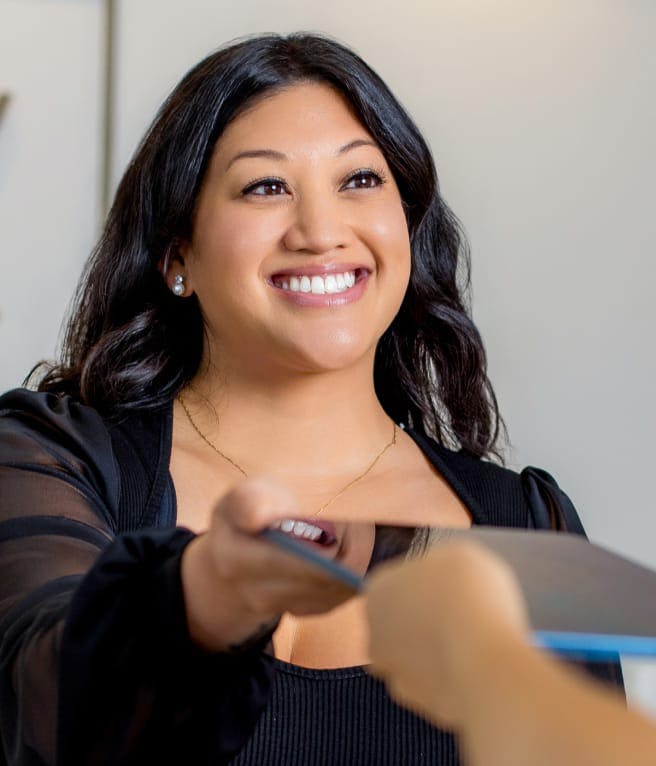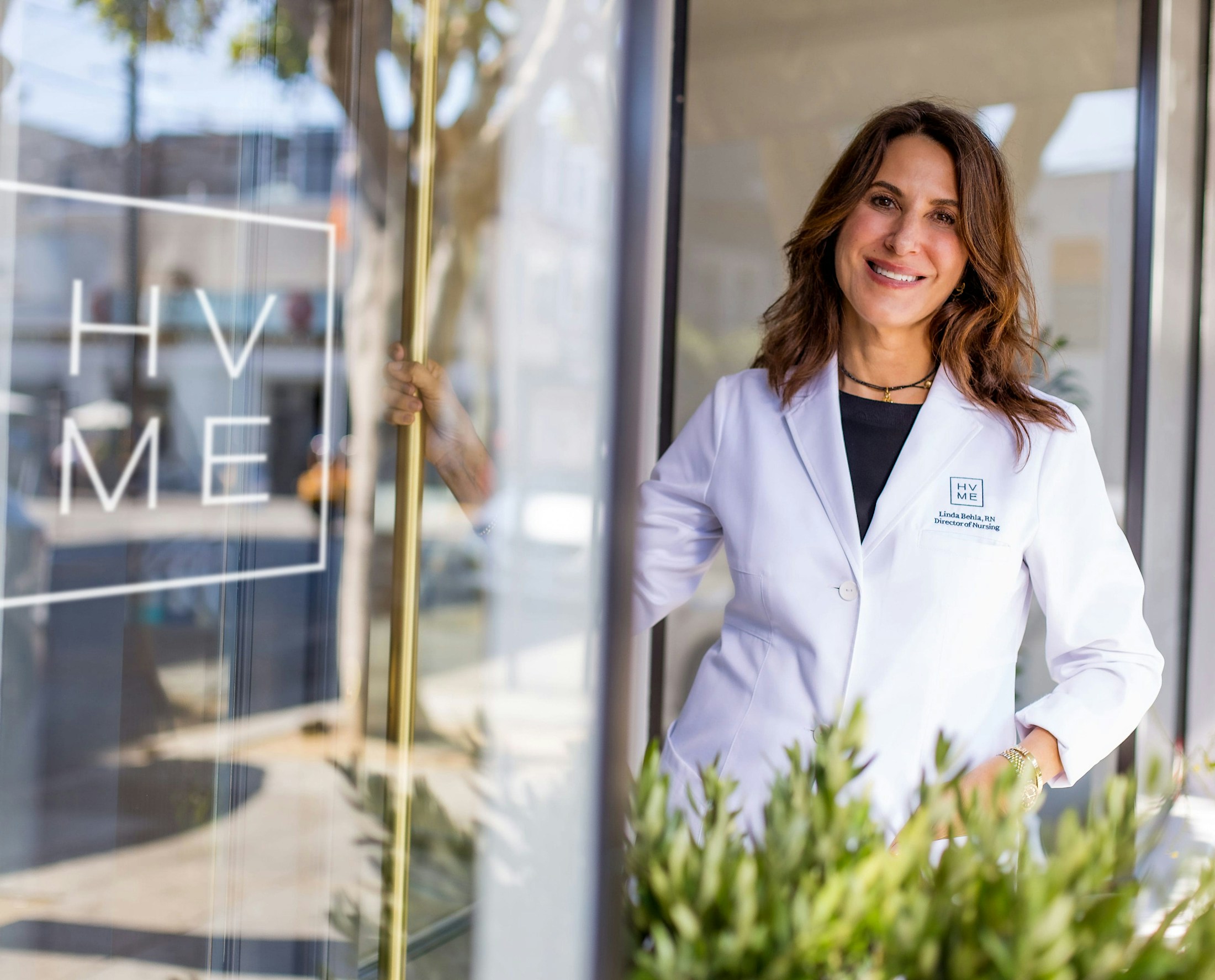Your Beauty. Our Secret.
Hayes Valley Medical Esthetics Medical Spa in San Francisco
Welcome to Hayes Valley Where Natural is… Natural
At HVME medical spa in San Francisco, we give you the ability to age on your own terms with personalized care and naturalistic enhancement.
Our Services Invest in Timeless Beauty
Patient Testimonials “The perfect balance of boutique spa and medical.”
Laser Fotona
with Elizabeth Gorek
Scarlet Procedure
Anne-Michelle Barrett
AgeJet Skin Tightening
with Margorie McMorris
Injectables Neurotox & Filler
with Aubree Hill
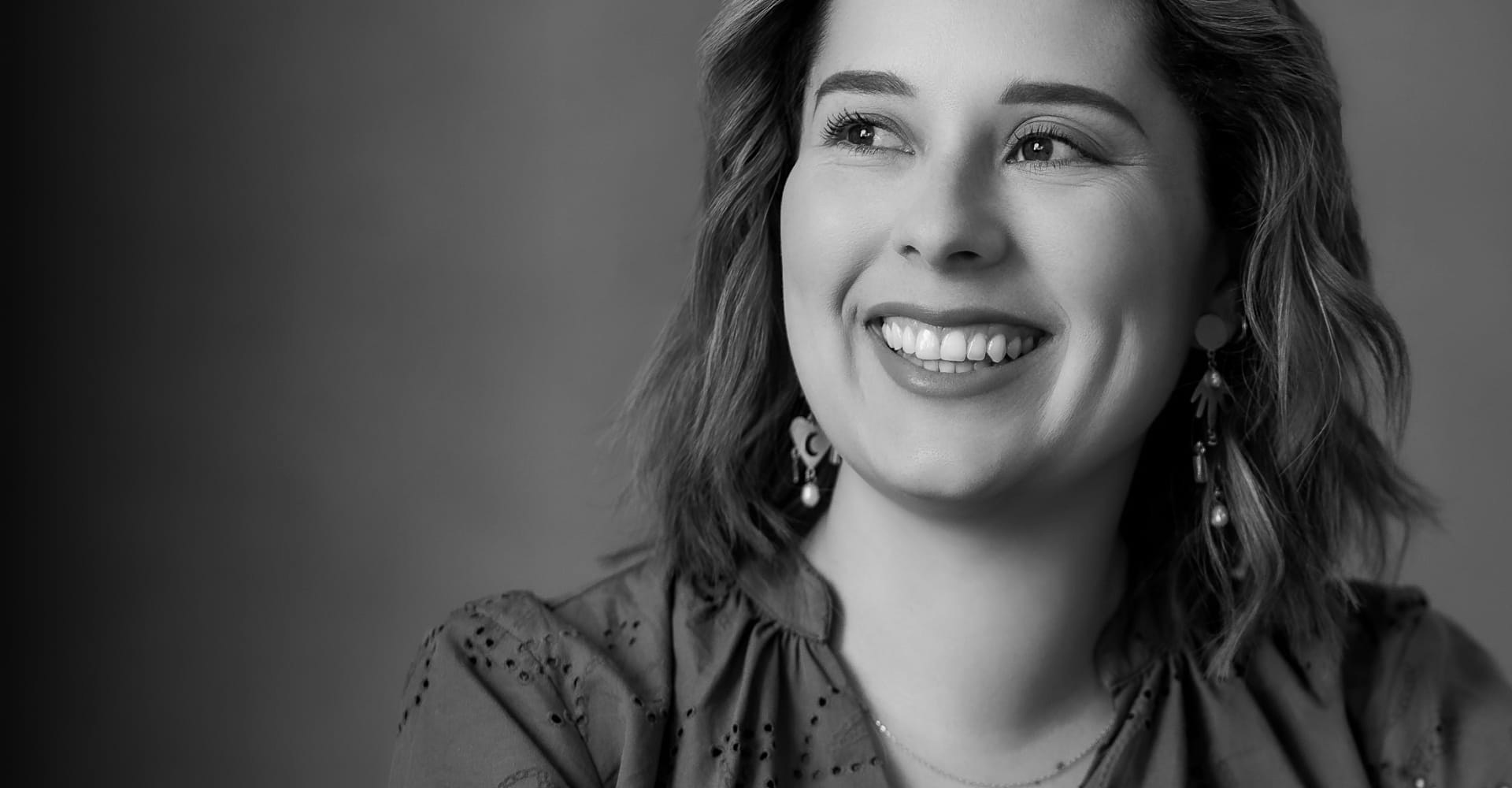
Conditions Treated Search by Areas of Concern
The aging process takes a great many forms. At HVME, we're equipped to address just about all of them. We'll help you choose from a wide selection of highly advanced cosmetic treatments and some of the most cutting-edge non-surgical procedures available so you can show the world a truly rejuvenated look.
See All Conditions TreatedFace & Neck
Body & Hair
Overview Injectables & Fillers
Ready to experience exciting results without impacting your personal schedule? Our selection of injectables and dermal fillers create exciting results in under an hour, so you can enhance your look without missing your favorite activities.
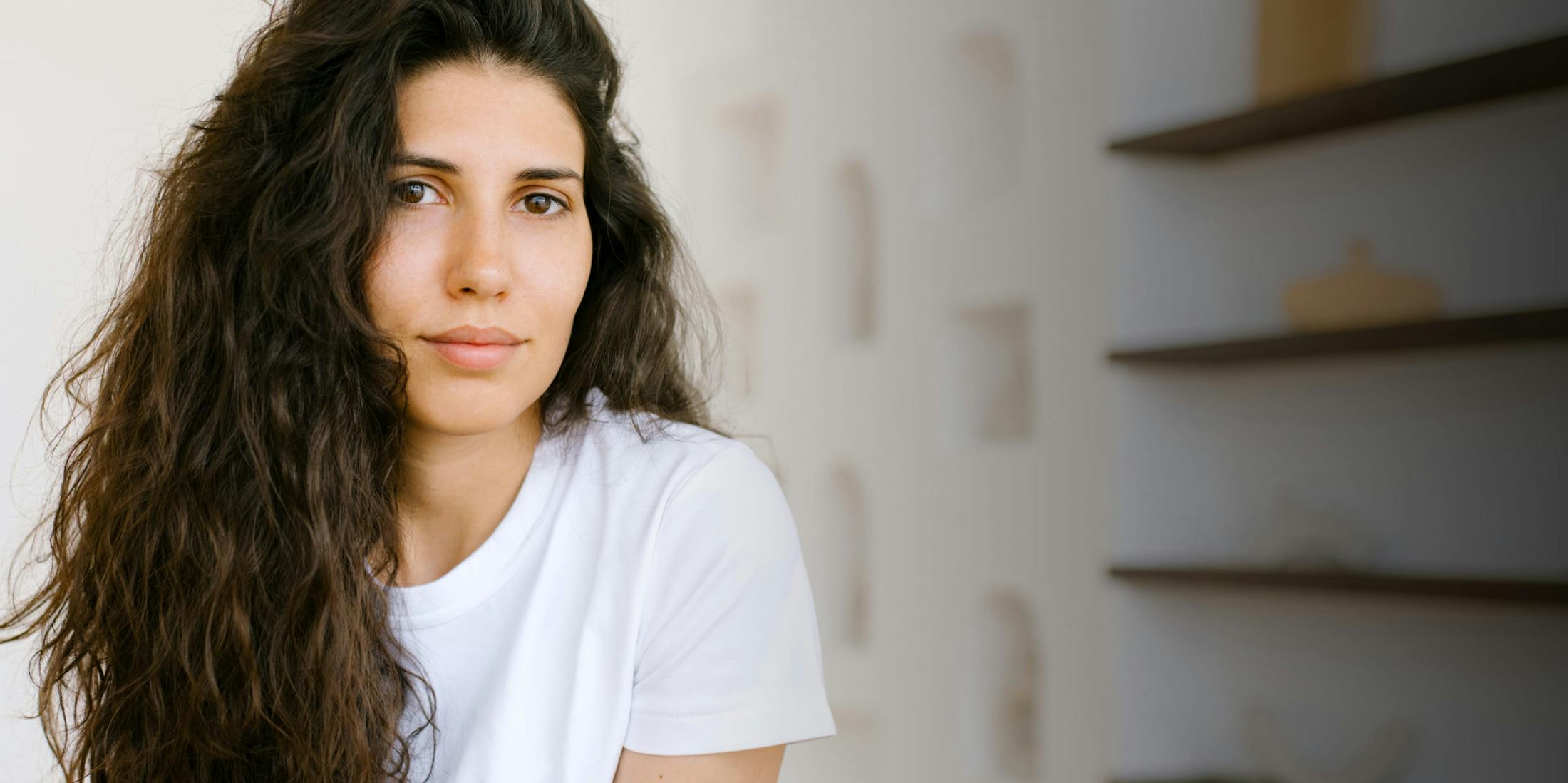
Injectables & Fillers Neurotoxins
If dynamic wrinkles are keeping you from looking your most youthful, our team is ready to help and connect you with some of the most trusted neurotoxins on the market today.
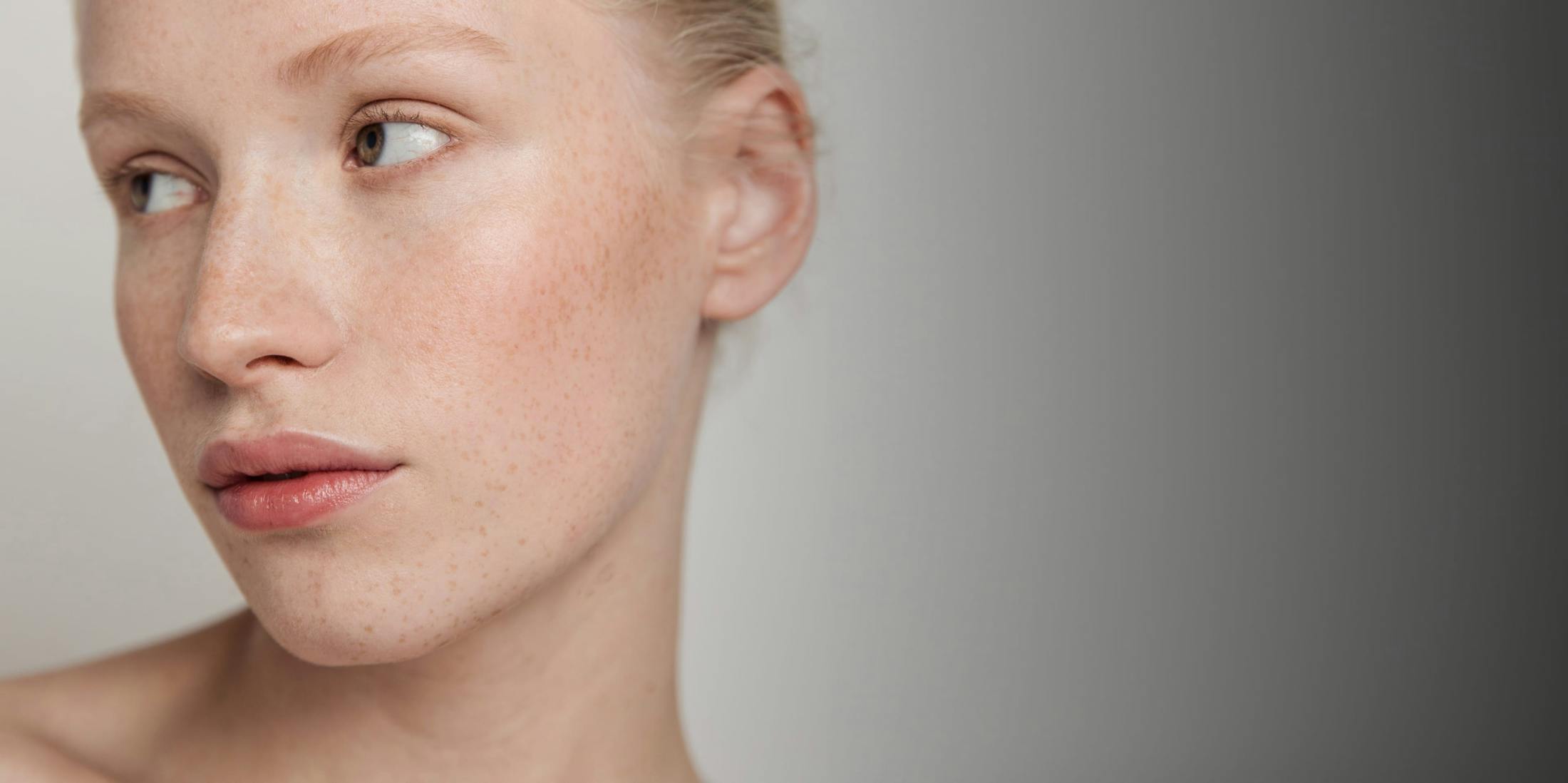
Injectables & Fillers Dermal Fillers
Dermal fillers give us a quick, easy, and effective way to address facial volume loss and the fine lines or wrinkles that often follow.
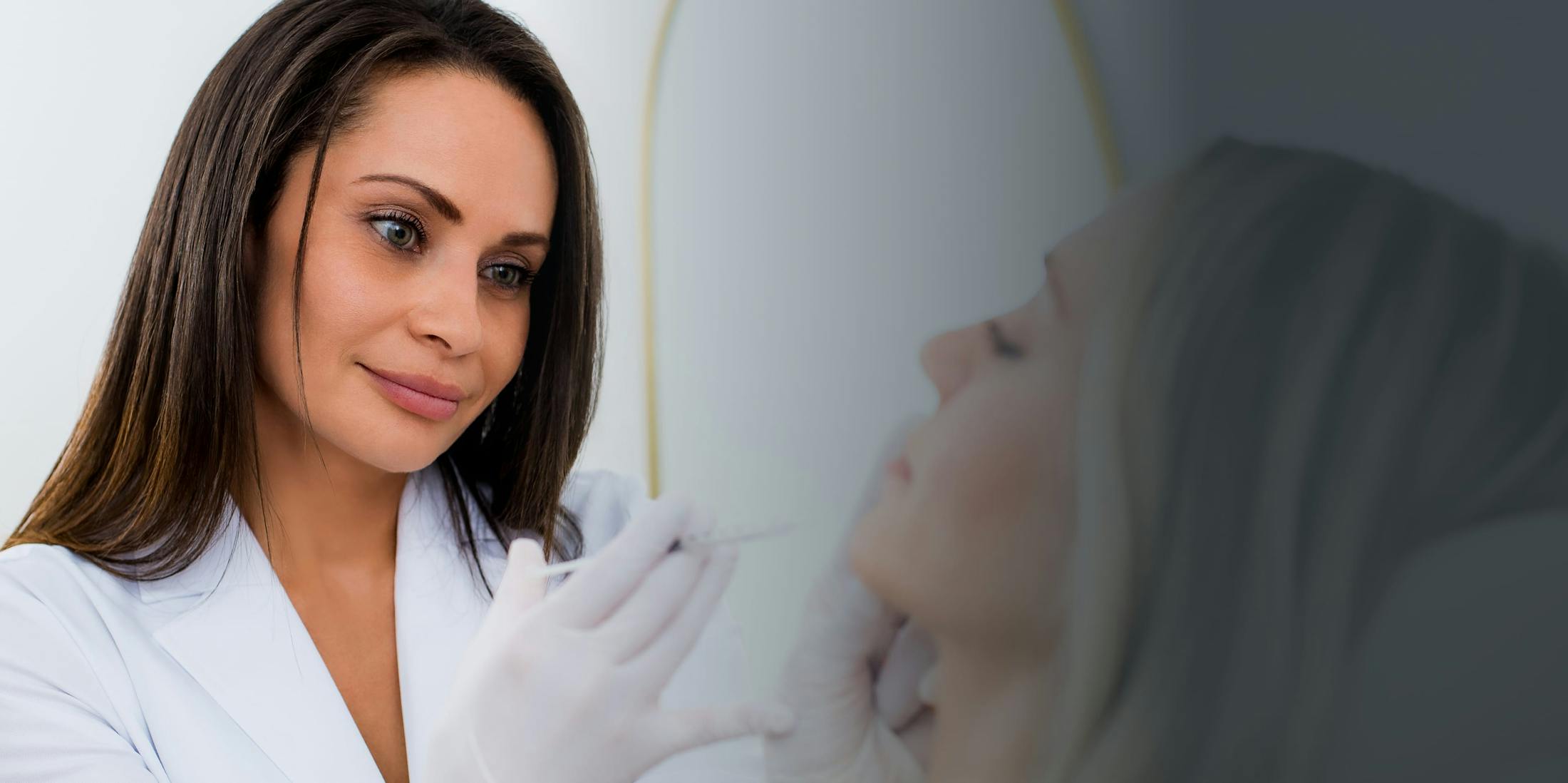
Injectables & Fillers Specialized Injectables
Looking for a more specialized injectable treatment? Our Master Injectors will work with you to get to know your cosmetic goals before connecting you with your ideal results.
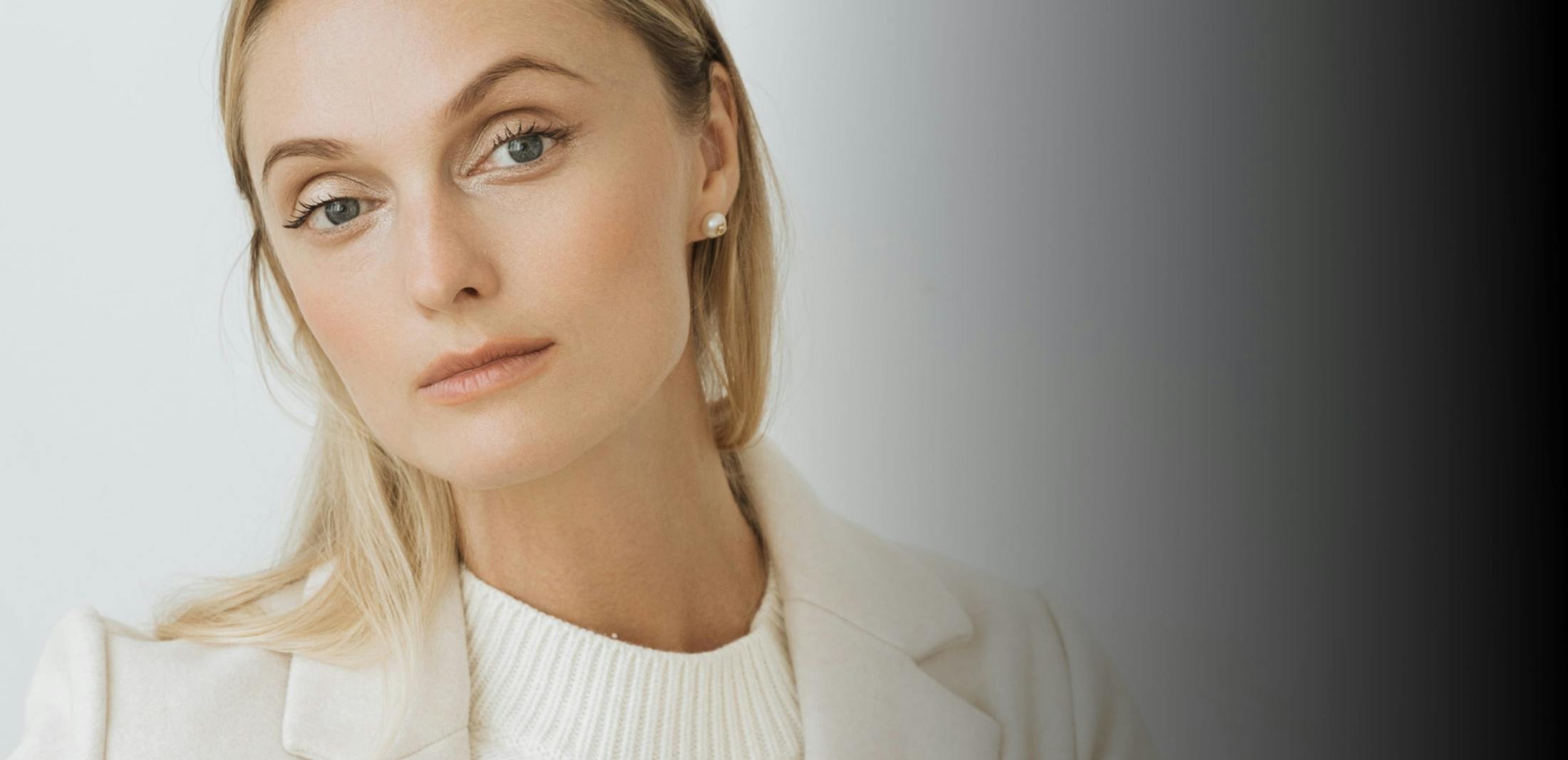
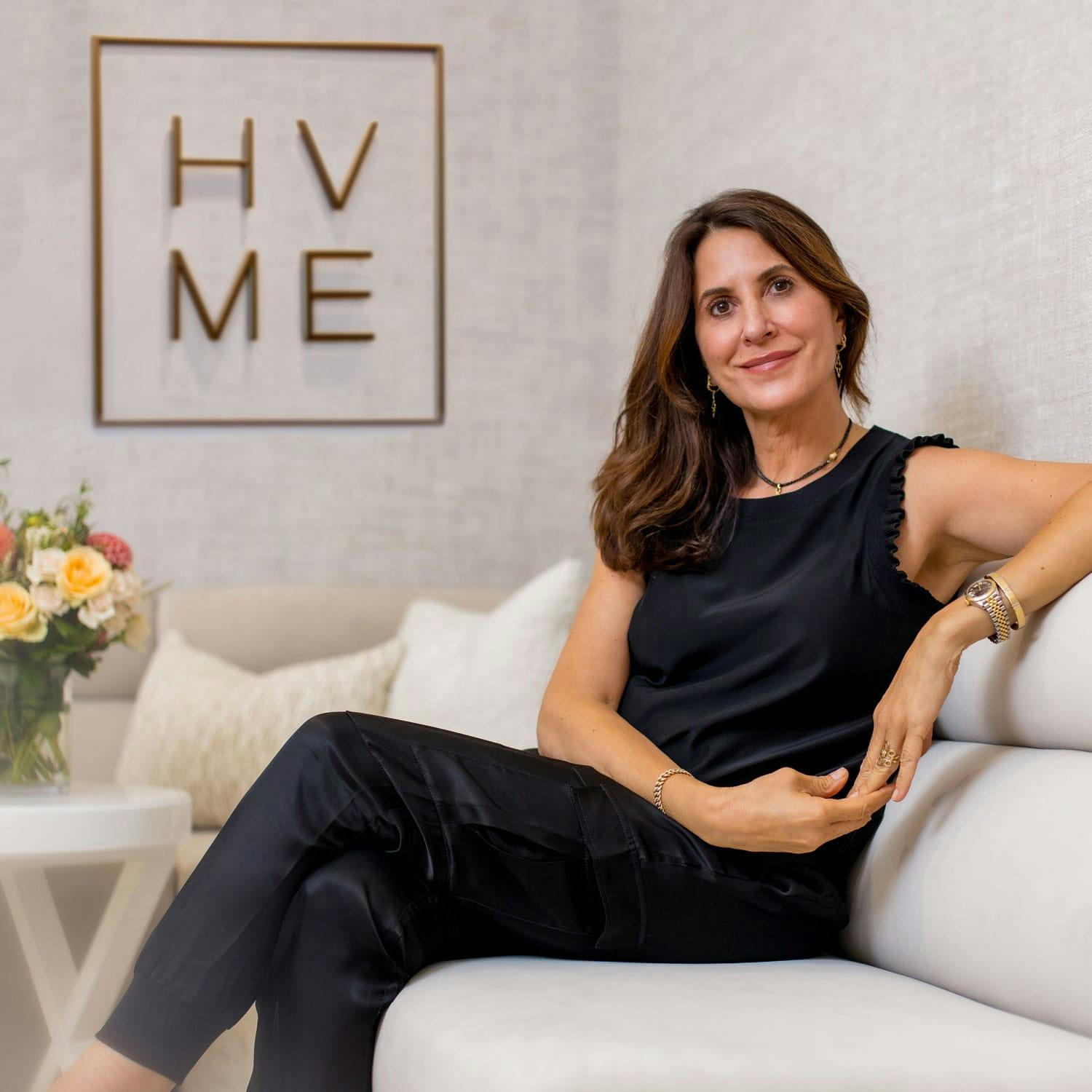
At Hayes Valley Medical Esthetics, we craft personalized treatments that bring out your natural beauty. With a highly experienced team and a commitment to exceptional care, we make sure your journey is seamless and uplifting from start to finish.”
– Linda Behla, R.N. & founder
Treatments Skin Rejuvenation
Ready to restore that youthful glow? Each HVME location is equipped with a number of skin rejuvenation treatments that will enhance your skin's tone, texture, and youthful appearance.
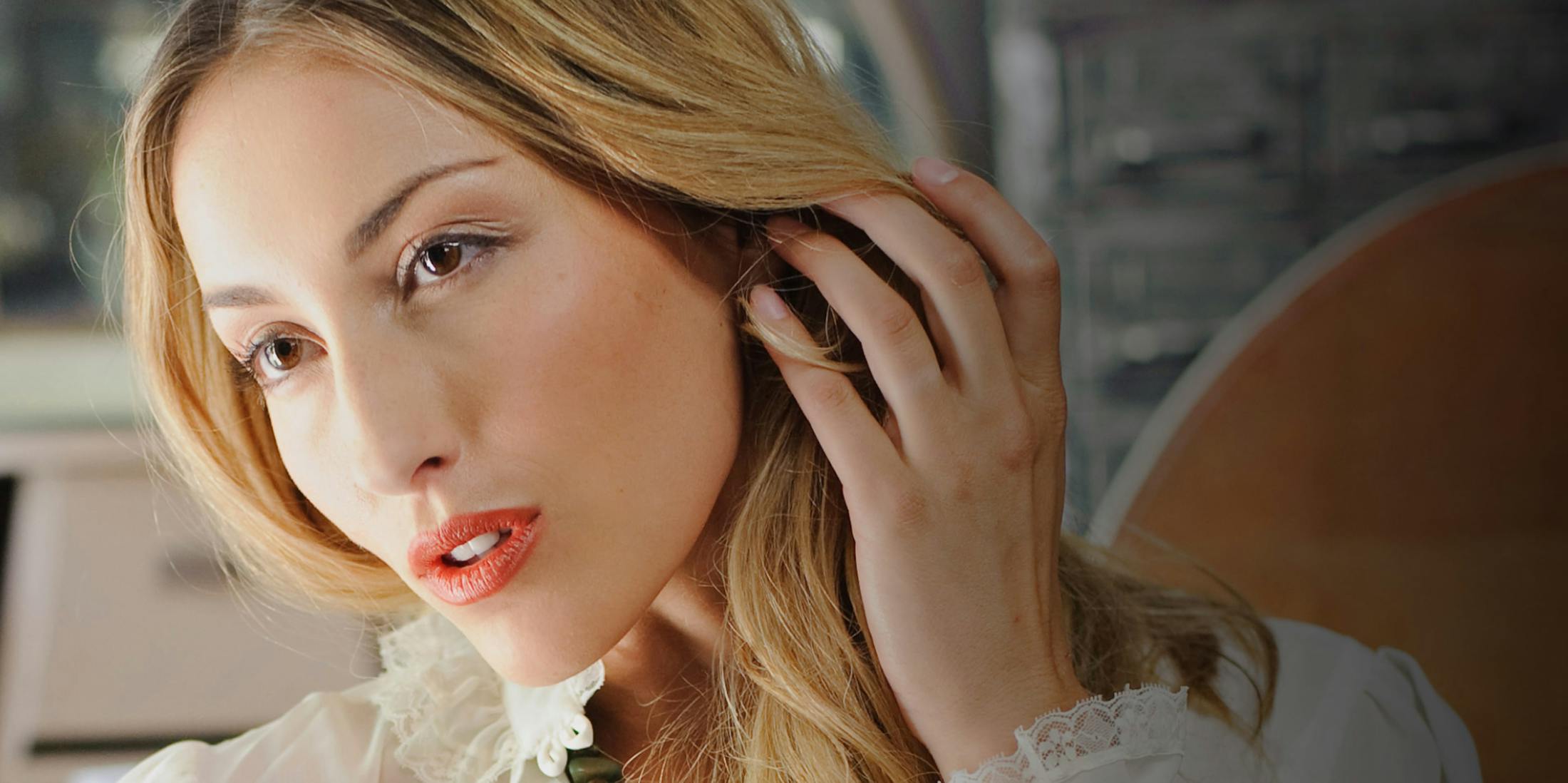
Treatments Facials + Peels
Customized facials give you the ability to address a variety of cosmetic concerns with an exciting level of precision and agility. Our facial rejuvenation experts will help you pick the chemical peel with your ideal formulation, for exceptional results.
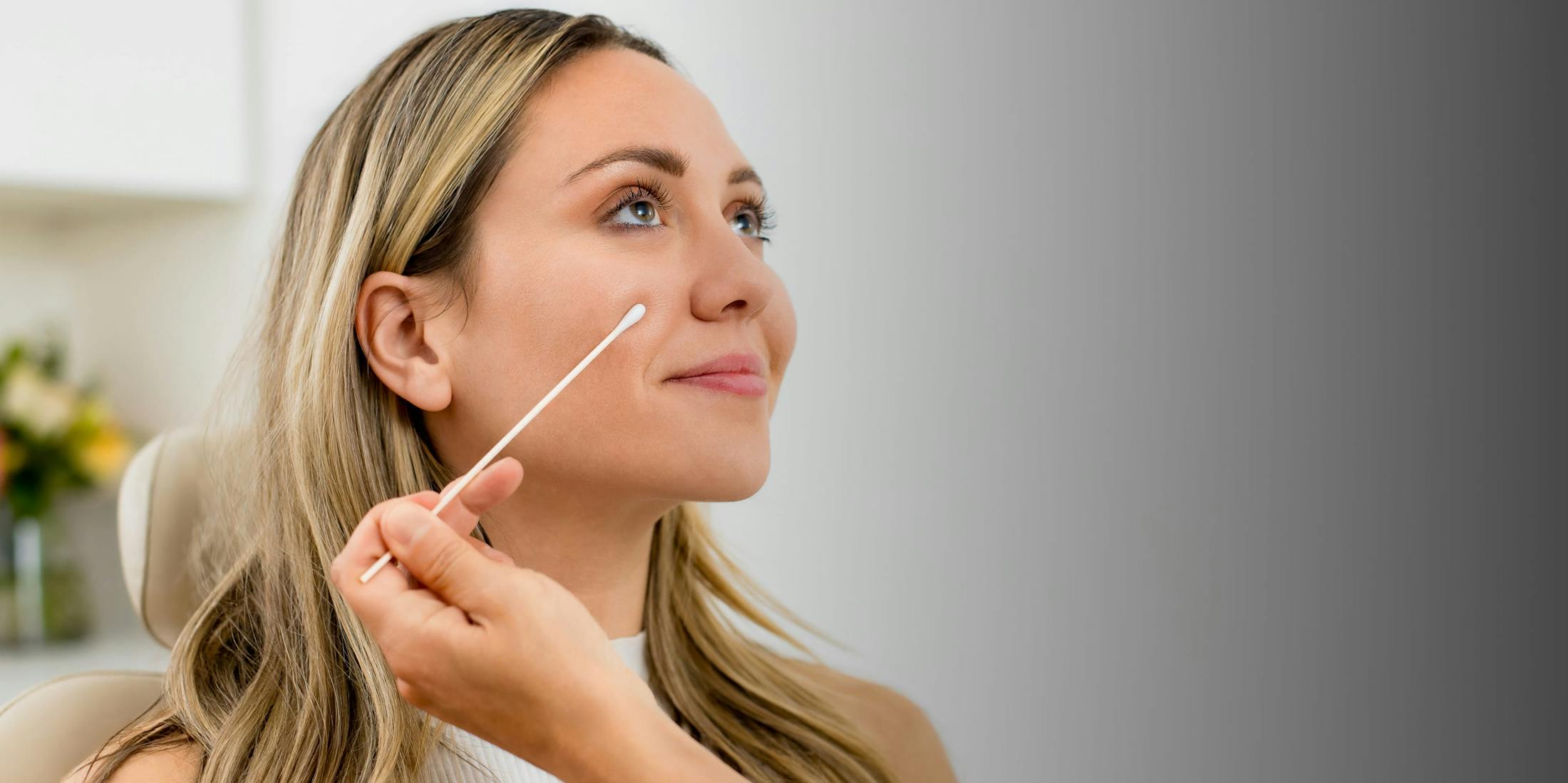
Treatments Facial Tightening & Lifting
Our facial tightening and lifting procedures create naturalistic results that enhance your look without changing the features that make you who you are.
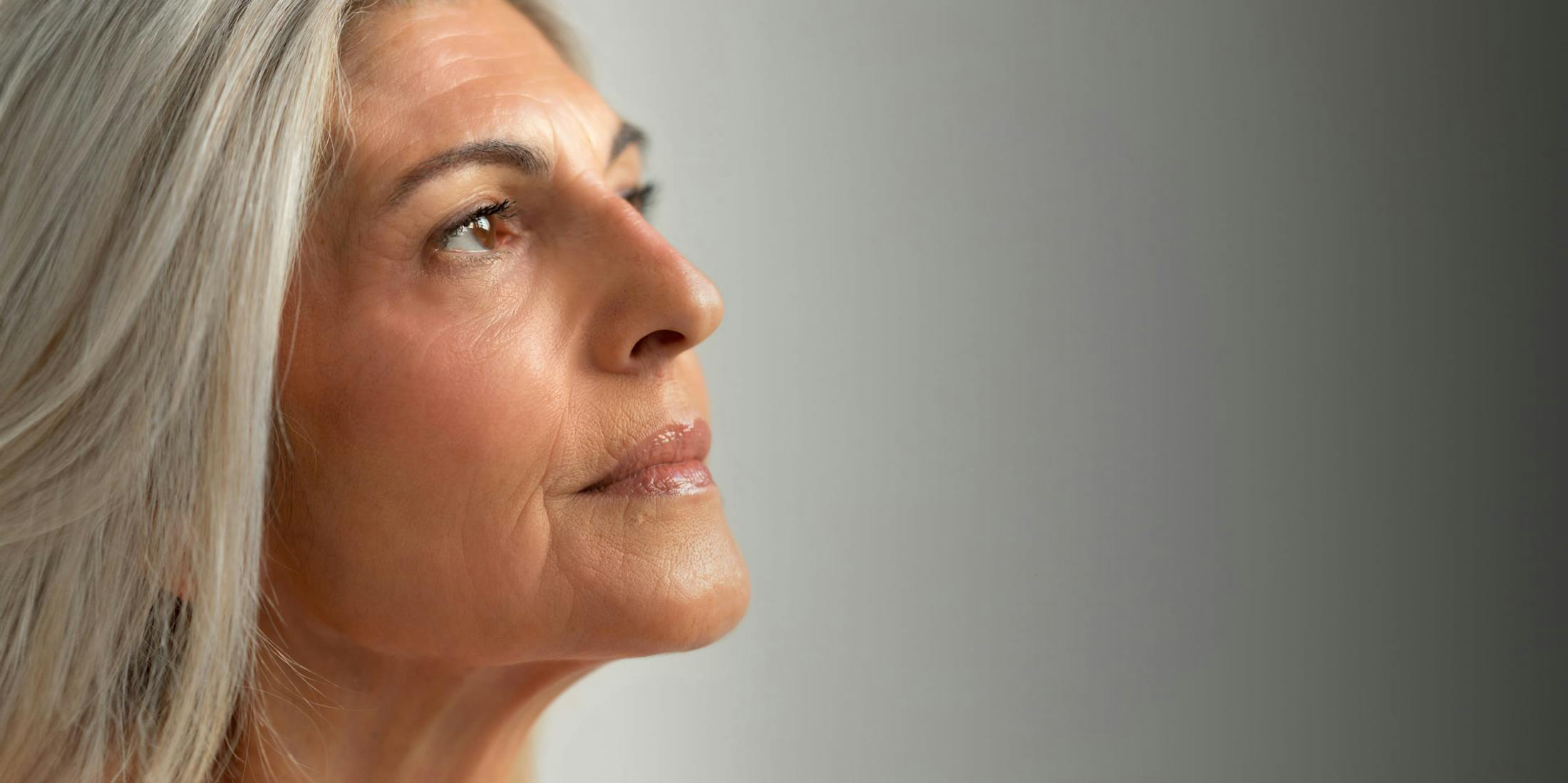
Treatments Hair
Transform your hair with HVME’s expert treatments, designed to boost growth, restore vitality, and enhance thickness. Achieve healthier, fuller hair with non-surgical solutions tailored to your unique needs and aesthetic goals.
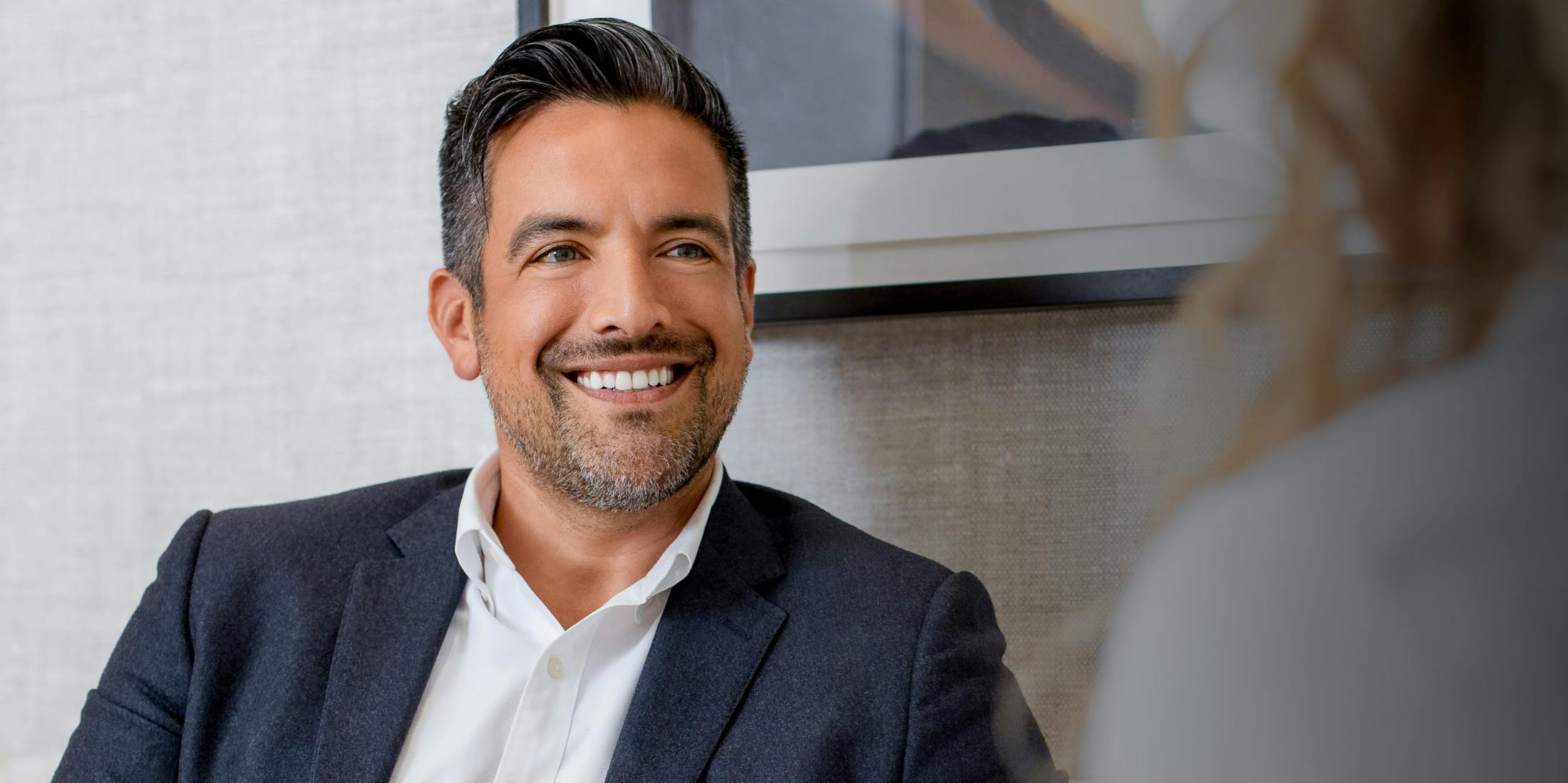
Treatments Skincare
Elevate your skincare routine with our top-of-the-line, medical-grade products. Backed by science, our advanced formulations deliver proven results, helping you achieve radiant, healthy skin with personalized care tailored to your unique needs.

Take the Plunge With Us Procedural Videos
Body Treatments Let’s Talk About Your Body Goals
Your body contouring goals have never been easier to reach, thanks to HVME. We'll help you tighten, tone, smooth, and sculpt so you can show the world an alluring set of contours and enjoy all the body confidence you know you deserve.
See All Body Treatments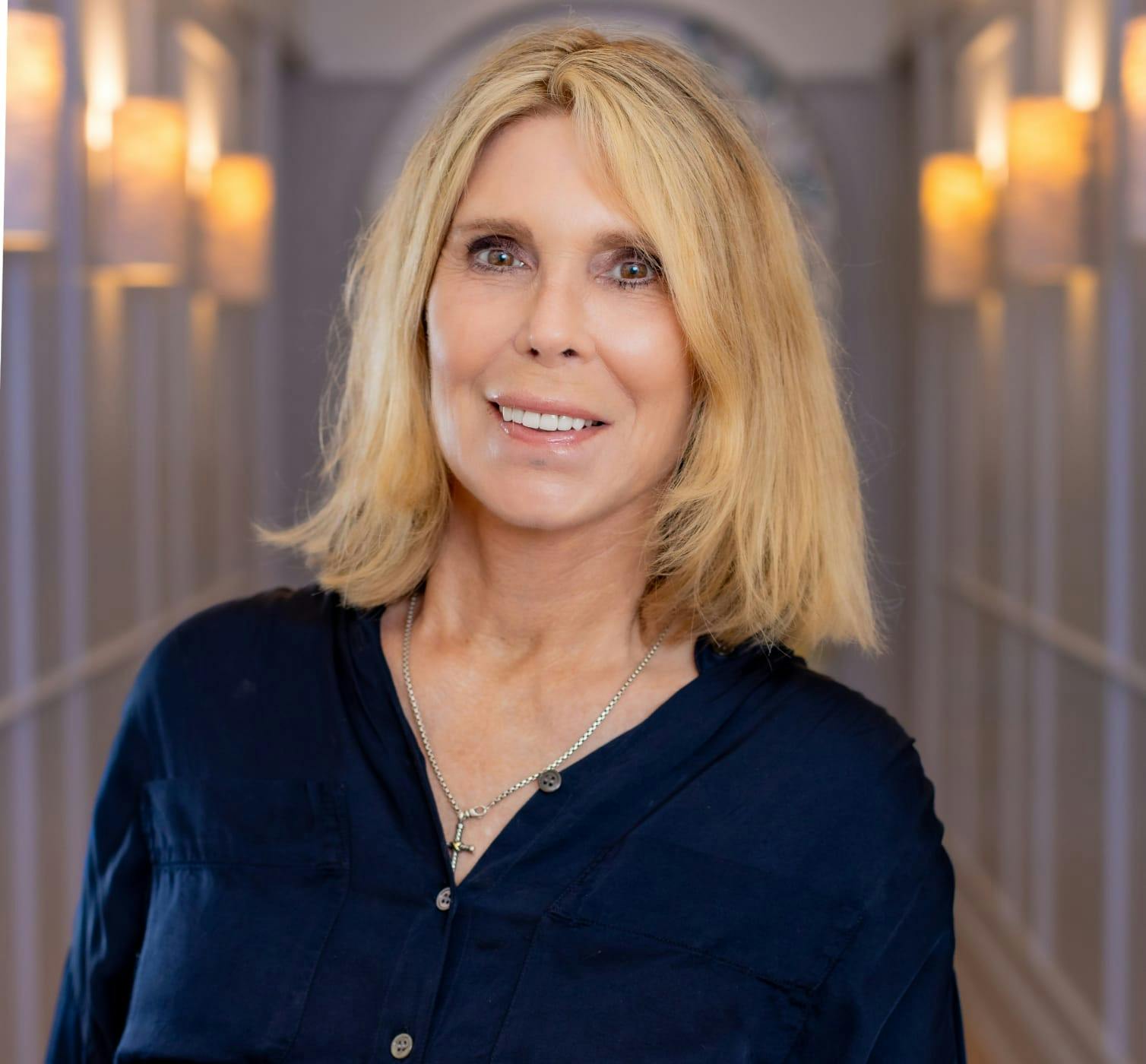
I love working with Linda Behla, R.N., and the team at HVME. I have had the opportunity to work with Linda for almost two decades in the field of esthetics. Linda's philosophy has always aligned with the providers she hires and personally trains. A visionary, she realized that dermal fillers were being overused and made it her personal goal to incorporate other options for rejuvenating skin and turning back the clock. With over 20 medical devices, exosomes, medical-grade skincare, and other treatment options, we can combine different modalities for optimal outcomes. Having the most current high-performing aesthetic devices and investing in ongoing training for our providers sets us apart from our competition.
"Look Great for Your Age, Not Different"
Sheila Miller, Director

Personalized Care. Outstanding Results.
At HVME, we understand that time is a luxury. We'll connect you with the most advanced and effective non-surgical treatments available and ensure that you enjoy a brand of care that is delivered with the absolute utmost trust and reliability. We understand that the strength of our team lies in the training and experience of every individual member. Reach out to us today to learn more about how we set ourselves apart here at HVME.
